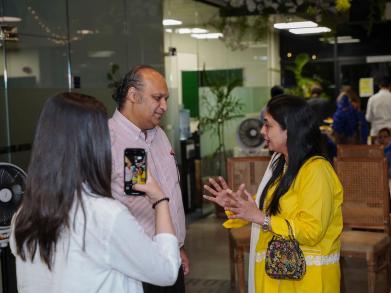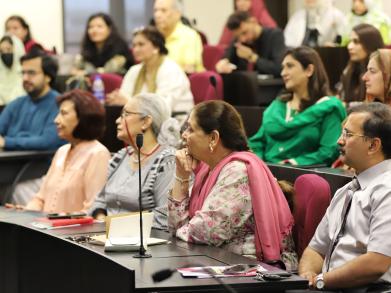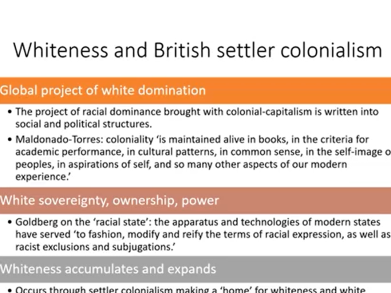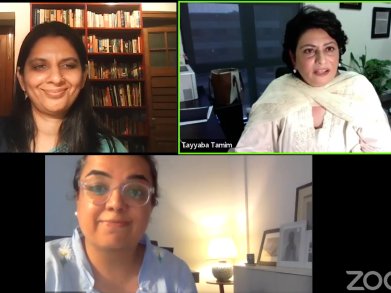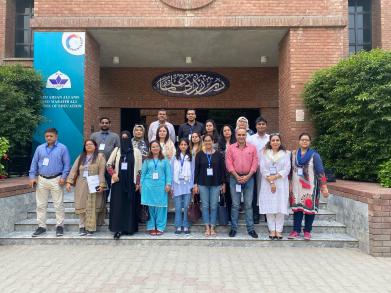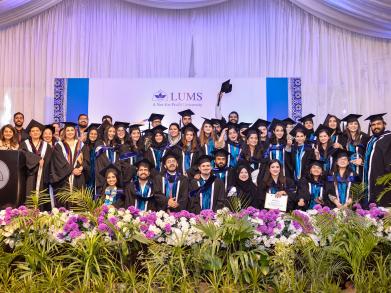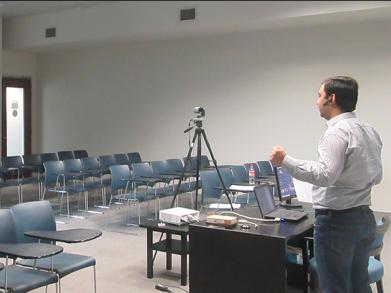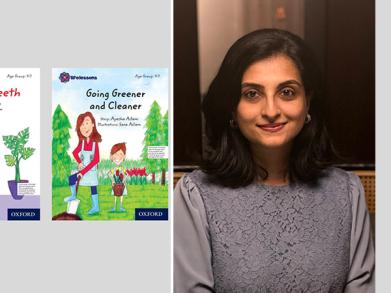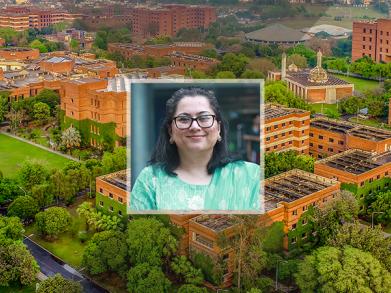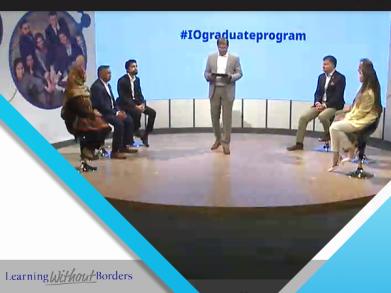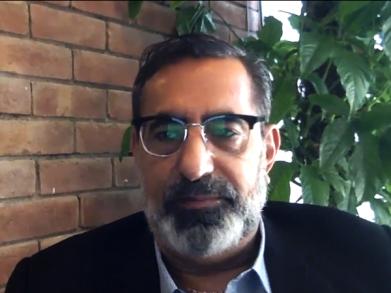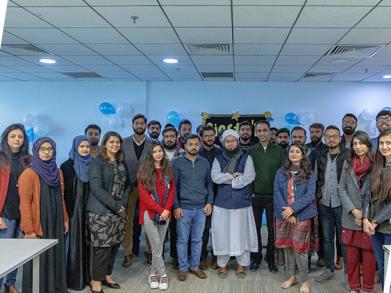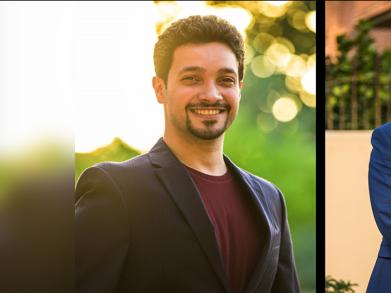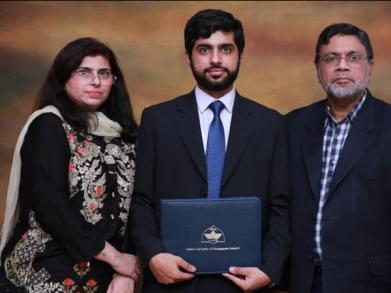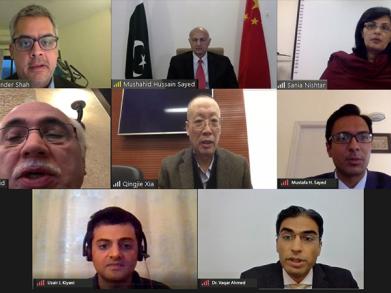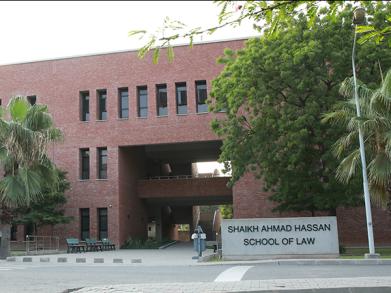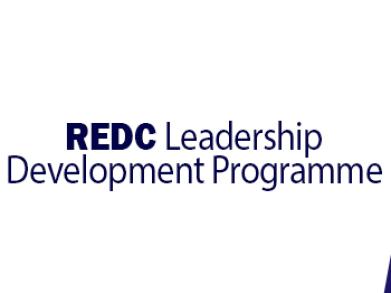SOE EduTalk Education of children with disabilities during Covid-19: revisiting the centrality of schooling
Dr. Nidhi Singal is a Professor at the Faculty of Education and the Vice President of Hughes Hall College, University of Cambridge. Nidhi Singal is Professor of Disability and Inclusive Education at the Faculty of Education and the Vice President of Hughes Hall College, University of Cambridge. She has worked extensively with children and young people with disabilities in South Asia and Sub-Saharan Africa. Her research examines the educational experiences of children with disabilities, the quality of teaching and learning in mainstream classrooms, and the impact of schooling. She also works closely with international donor and bilateral agencies and international non-governmental organisations assisting them in developing research projects, undertaking programme evaluations and providing evidence-based policy advice on a wide range of issues aimed at fulfilling commitments towards inclusive education. Nidhi has numerous publications, aimed at academic and policy audiences, focusing on educational inequalities and methodological issues in undertaking educational research with marginalised groups in the Global South. To learn more about Dr Nidhi’s research, please visit: https://canderesearch.wordpress.com/
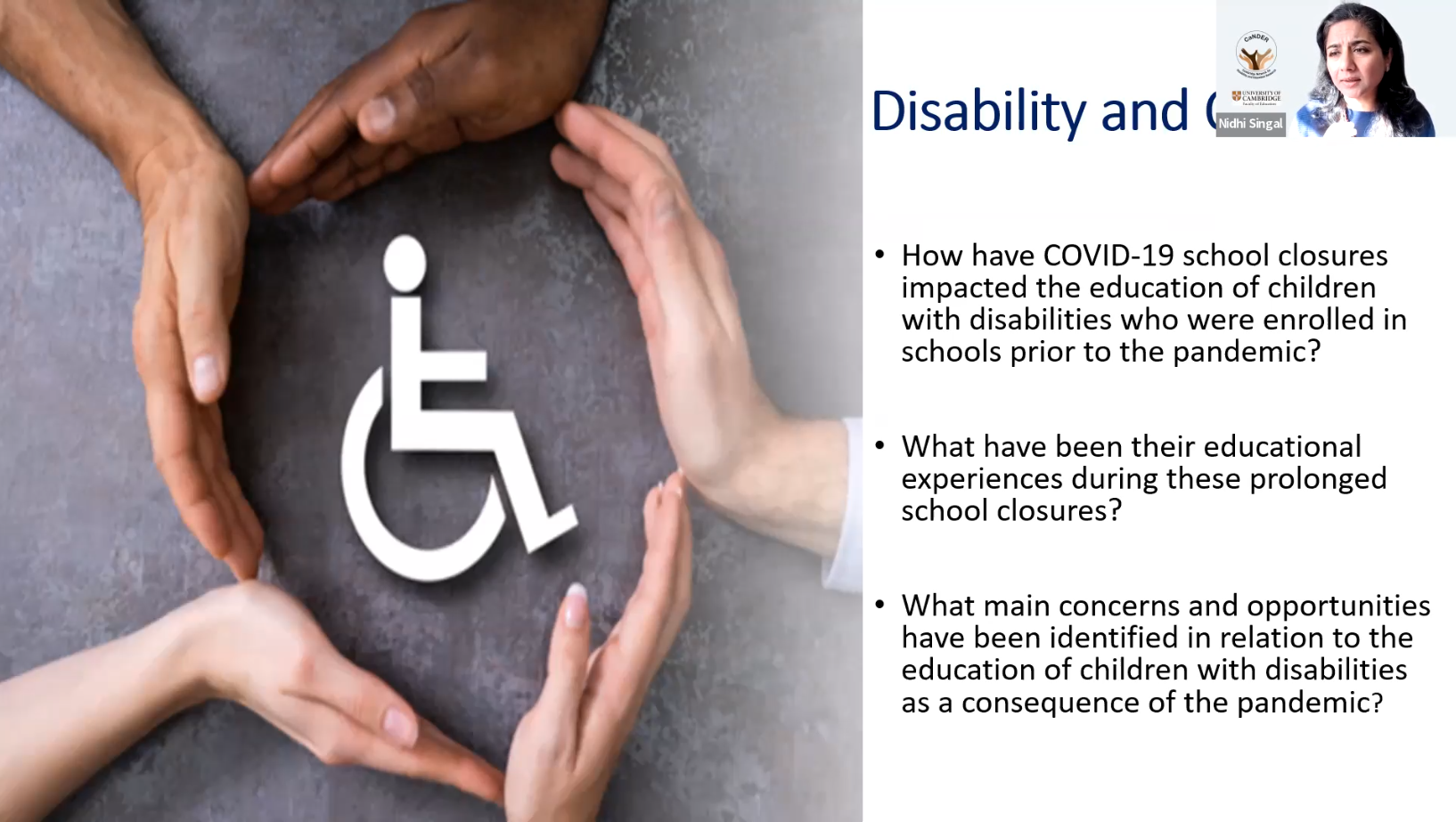
The session discusses insights gathered from a recently completed multi-country project examining the impact of prolonged school closures on the education of children with disabilities and their families in Ethiopia, Nepal and Malawi. Through telephone surveys conducted with parents of children with disabilities, and teachers who were working with them prior to school closures, Nidhi and her team gathered insights into the learning lives of girls and boys with disabilities during prolonged unexpected closures. Across context, there were concerns about learning loss during closures and the impact on children’s prospects. Additionally, there was a significant acknowledgment of the loss of structure and socio-emotional support which school often provide. A key issue that has emerged from this research is the centrality of schools as being significant to the wider socio-emotional well-being of all children and even more so for children with disabilities. Unexpected and prolonged school closures have also provided evidence that education cannot happen just within the four walls of the school. It needs to be connected with real life and also with families.
She mentioned that there were dire implications of the long school closures since most of them were abrupt and unplanned. For instance, in Nepal, the educational institutions were closed for nearly two years. Meanwhile, the online teaching method only covered 24% of students in the country. Most of the operations by the school were on ad hoc basis, primarily because no set guidelines were given to them by the authorities. In her research, she worked on tons of data representing the three countries: Ethiopia, Nepal and Malawi. The data set which helped her gain the information was: Ethiopia – 57 parents and 100 teachers, Nepal – 119 parents and 30 teachers. She explained that “In Ethiopia, most children were going to some sort of government primary schools, while others were going to private schools which were a part of the Inclusive Education Resource Centre”.
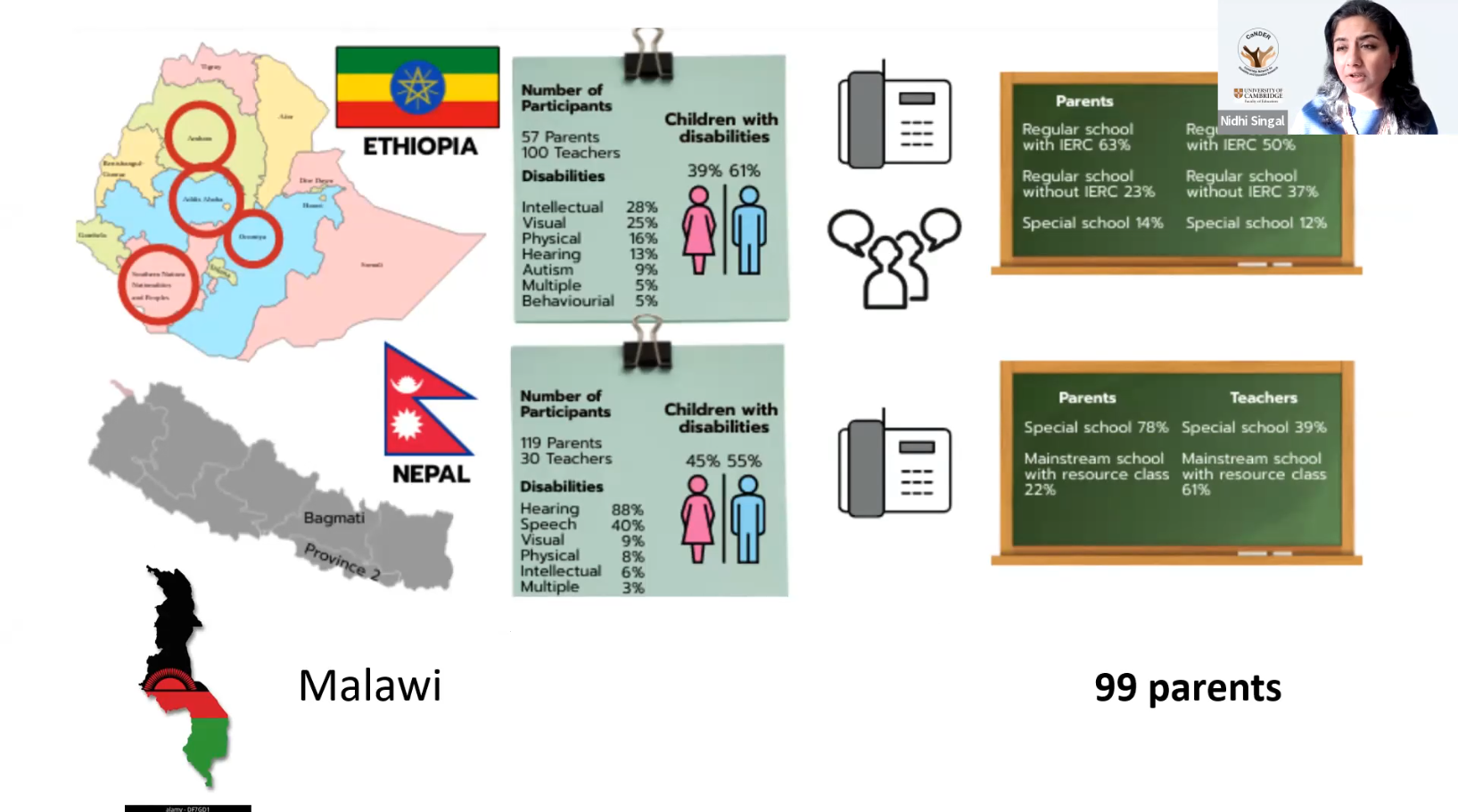
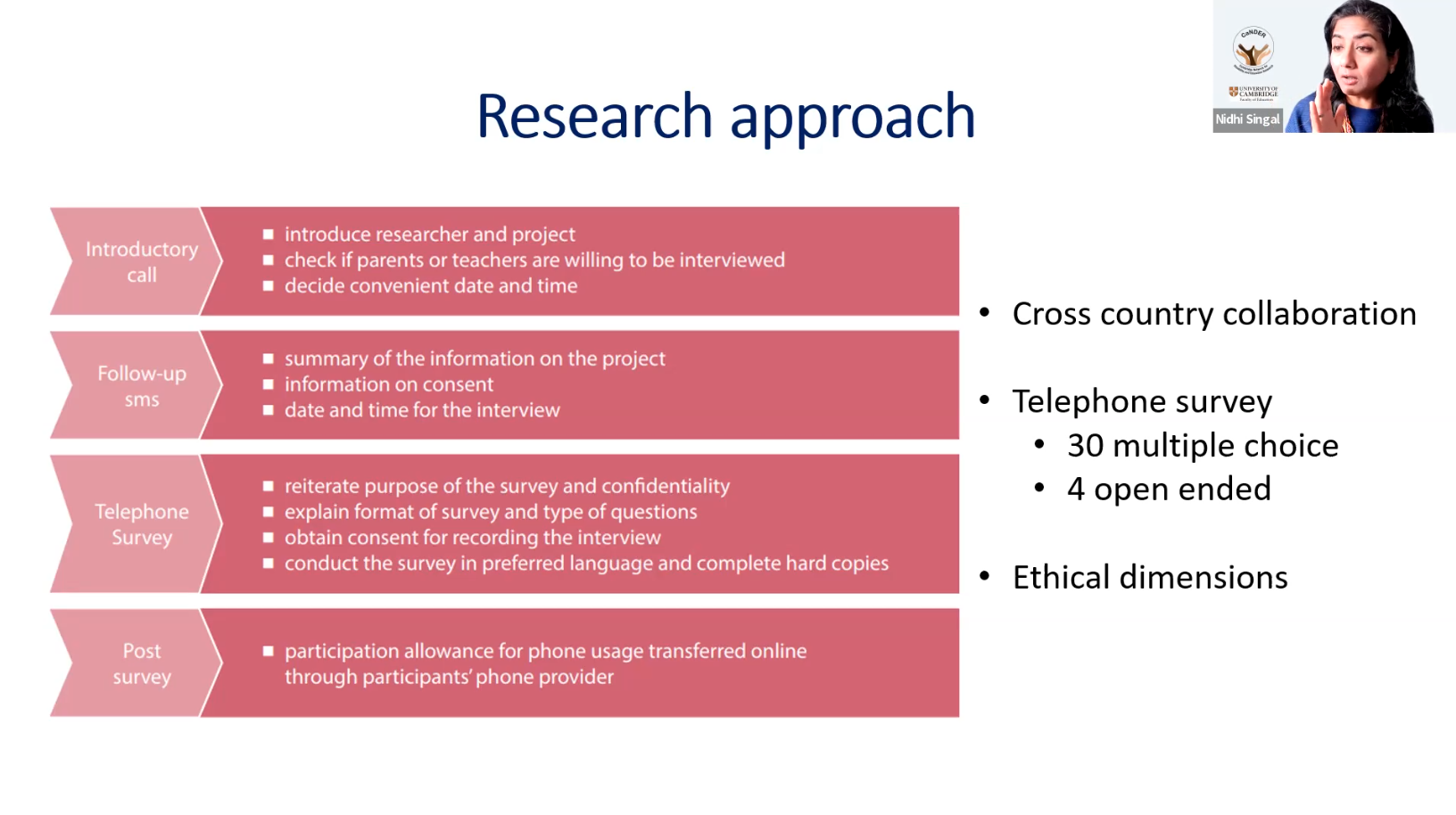
She mentioned that “Parents across the board talked about learning loss but they also talked about the significant impact of school closure on their child’s social and emotional well-being”. She also found, through her research that “Parents said that the children were much safer, rather when they were at home”. “Parents also reflected on the lack of therapy and essential services which mostly are delivered at schools”, according to Dr Nidhi. Hence, “When the schools shut down, physiotherapy, speech therapy and all those things which were vital to children with disabilities, were lost”. She also said, “ Despite the challenges, it was heartening to see that children were returning to the schools, they were there when schools were opening”.
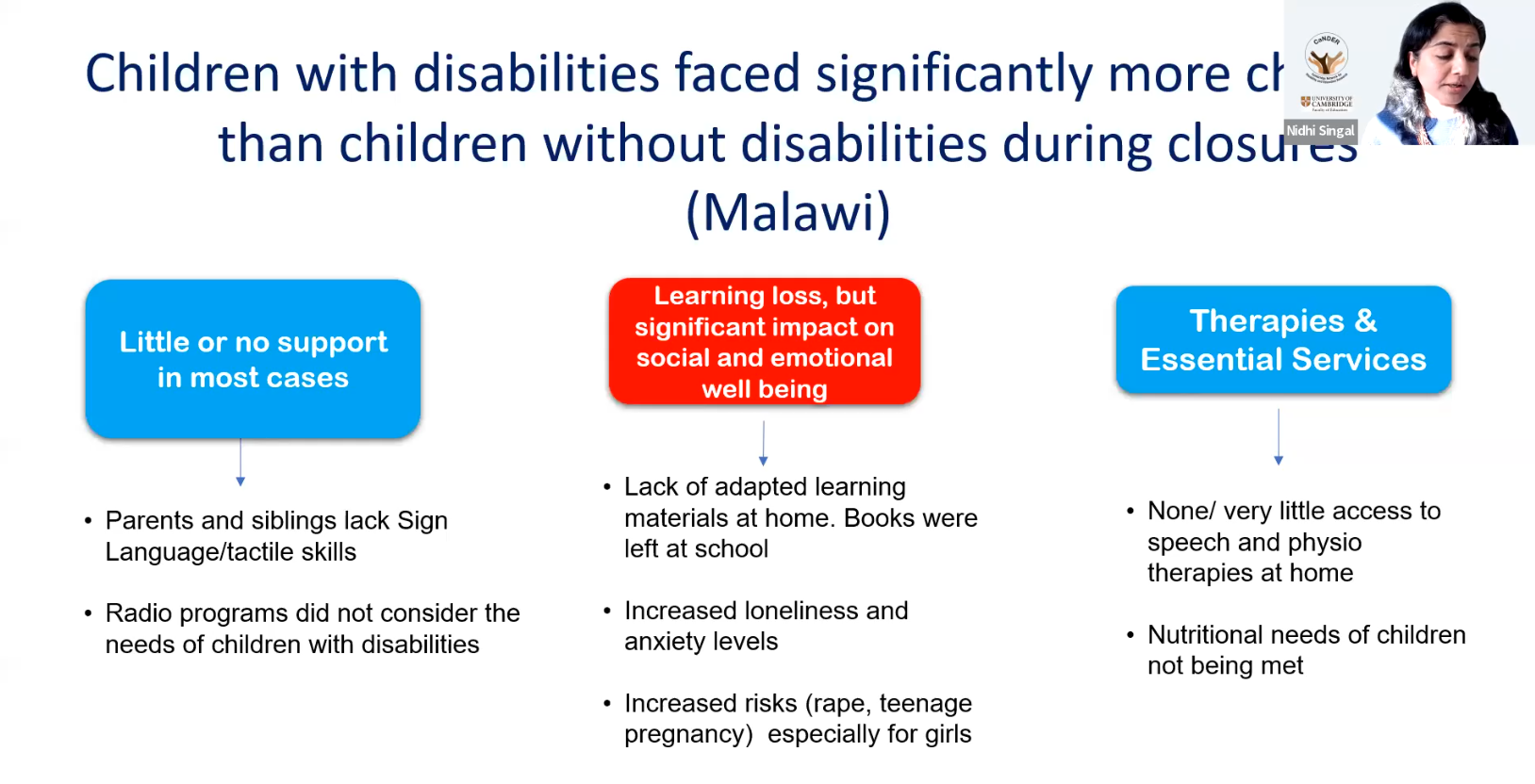
Dr Nidhi emphasized on the centrality of schooling for children with disabilities, as schools are considered the sites for formal learning, safe spaces which cater to the need of social belonging, help the children in nutritional well-being, and give them access to specialist setting.
Dr Nidhi shared some interesting gender differences from their study in Nepal:
- Girls were spending on an average more than an hour studying per day (81% in comparison to 70% of boys)
- Parents of boys were also more likely to report that their child was not studying at all during school closures
- Overall, the internet access was low, but the girls were still more likely to accessing it (15% for girls and 5% for boys) and other devices to support their learning
- Starkest variations were found in phone usage e.g., 66% of girls compared to 32% for boys
- Parents were more confident that their daughters with disabilities would return to school, as loss of learning was a greater concern for boys and those from the higher age groups
On the other hand, in Ethiopia, there was a significantly high likelihood of the students to return to schools:
- Around 62% of teachers observed that almost all students with disabilities had returned to schools and 35% noted that half or more students had returned
- Similarly, 29% teachers noted that there was nothing special done for them or the school for this purpose. Of these, 10% referred to the efforts made through mass-media at national and regional levels, which affected the positive change
However, there were huge concerns in relation to opening of the schools in all countries where the team did the research:
- Safety and hygiene (100% of the parents and teachers commented on this)
- Learning loss and low motivation of the students (92%)
- Also, parents were concerned if the earlier systems of support will be in place as their children return to schools
- Amongst the teachers, there were very few discussions on ‘how to teach learners safely’, for example, how to manage social distancing etc.

About Dr Tayyaba Tamim:
Dr. Tayyaba Tamim is currently an Associate Professor and the Director of Academics at the Syed Ahsan Ali and Syed Maratib Ali School of Education, Lahore University of Management Sciences. She is the Faculty Lead of the Pedagogical Partnership Programme at the LUMS Learning Institute. She has her PhD from University of Cambridge as a fully funded RECOUP scholar and MPhil RSLE (Research in Second Language Education Across Cultures) from Cambridge, UK as a British Council Chevening scholar. Dr. Tamim has led several funded research projects with national and international partners, including with USAID, British Council and the World Bank. She has also published and presented research papers at several national and international forums. Her work covers issues of social justice, equity and inclusivity in education.
About EduTalks:
EduTalk is an exclusive series of guest speaker sessions by the School of Education (SOE) at LUMS, where various topics in educational research field are discussed by seasoned professional from across the globe.





